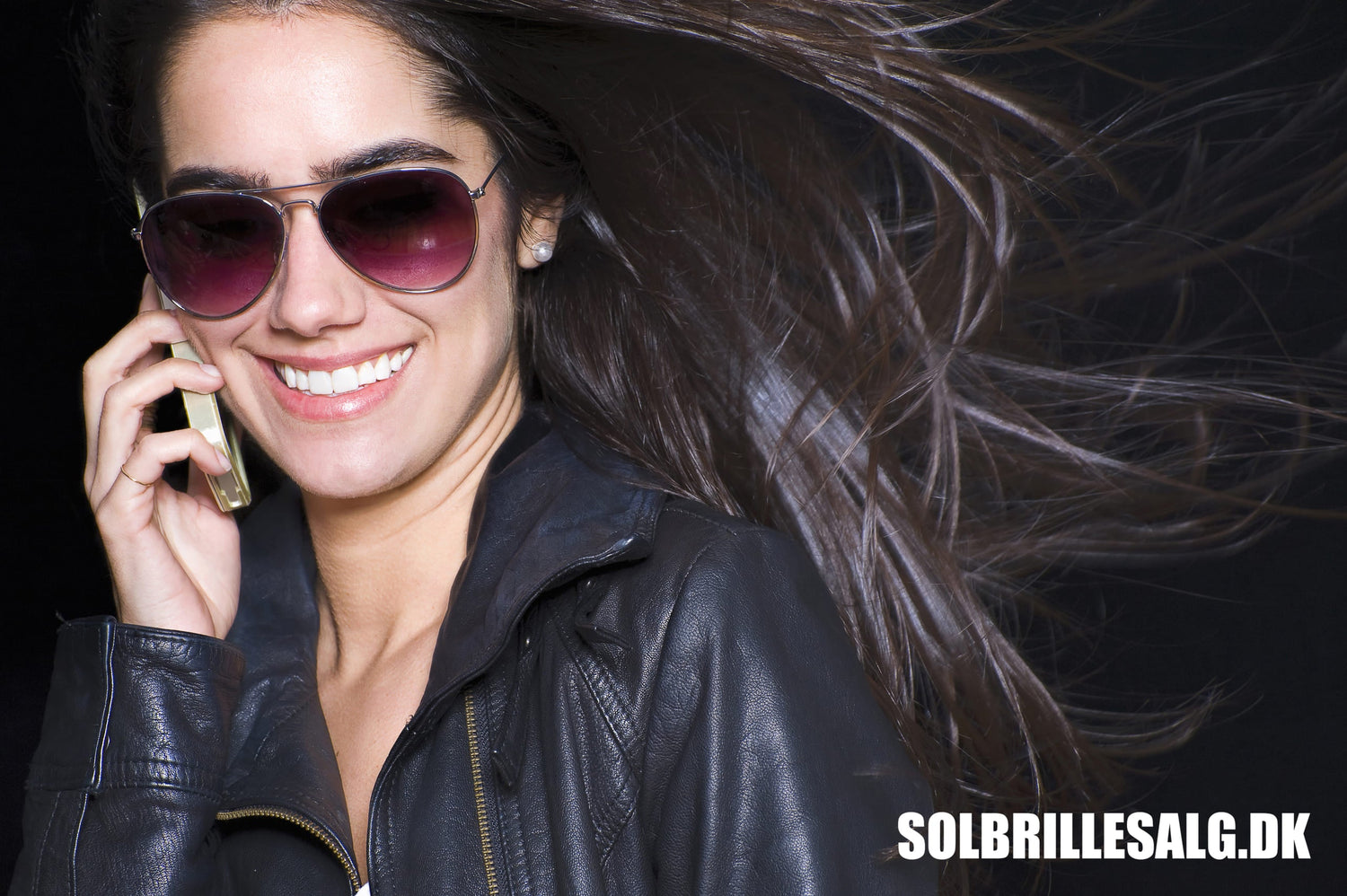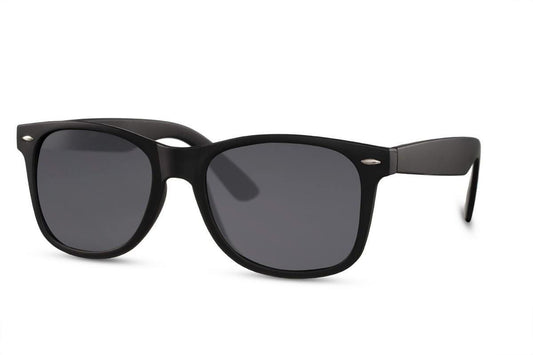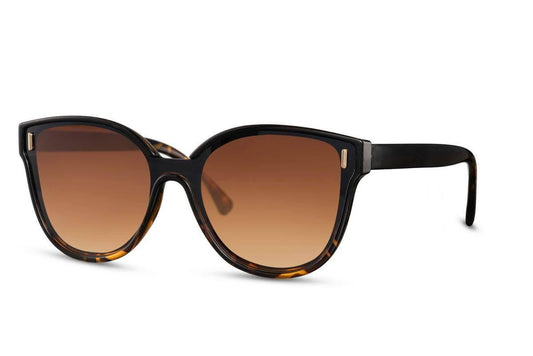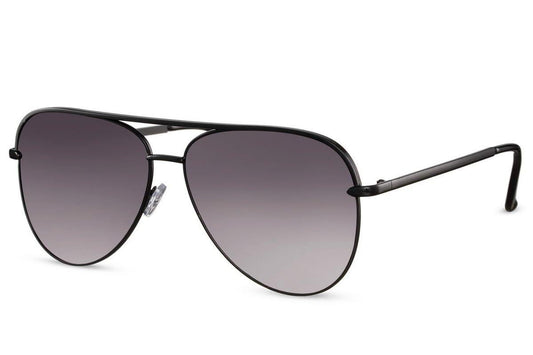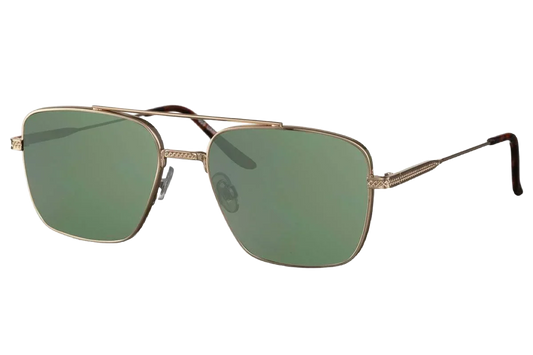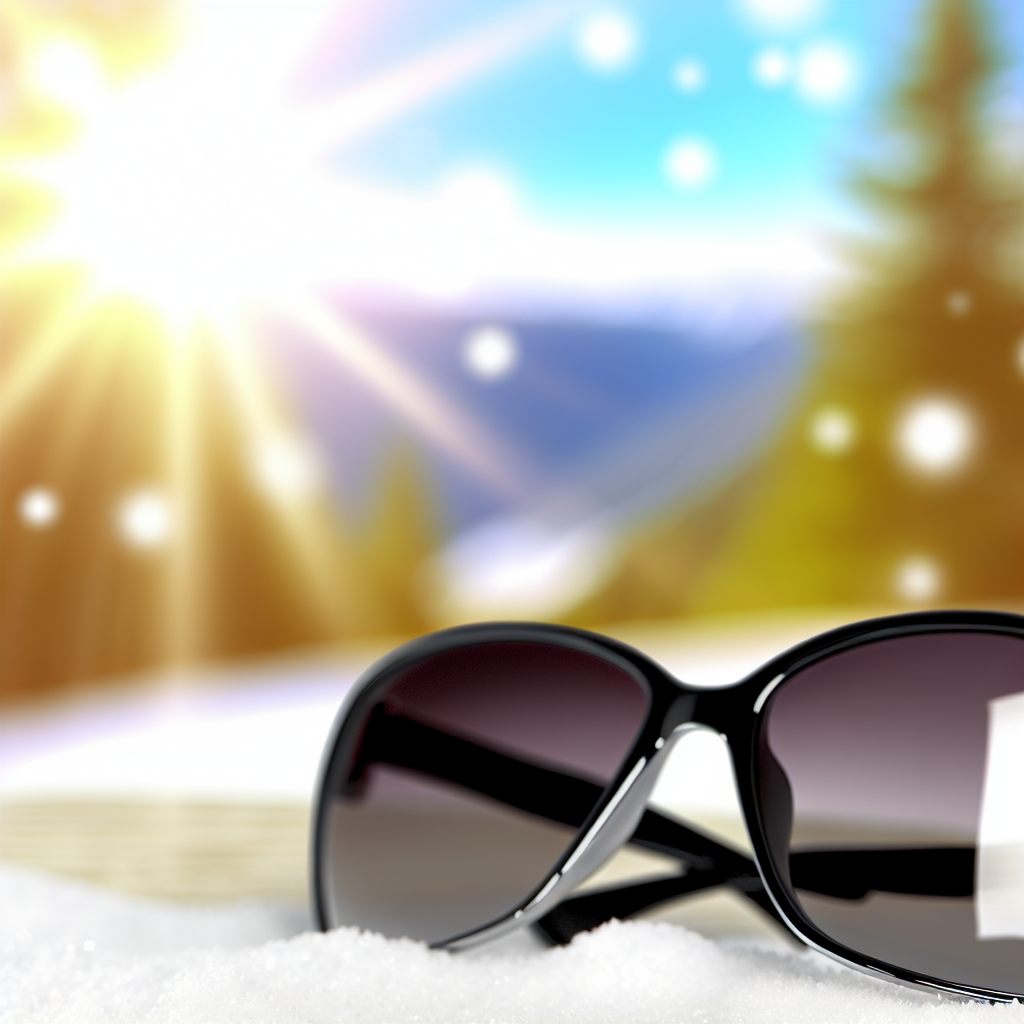
Are sunglasses necessary in winter?
Share
Sunglasses in winter – necessary for eye protection
Even though winter brings shorter daylight hours and lower temperatures, UV rays are still a risk. The sun can hit the eyes reflected off snow and ice, increasing exposure to UV rays. This can lead to both acute and long-term eye problems, such as snow blindness, where the reflected sun can irritate and damage the cornea.
UV protection and polarized lenses
Winter sunglasses with UV protection and polarized lenses reduce glare and sharpen vision. This type of sunglasses protects the eyes during activities such as driving, skiing or walking in snowy environments. It is important to choose sunglasses that meet the necessary quality requirements to ensure optimal protection.
Combination of design and function
A wide range of modern winter sunglasses offer both style and effective protection against UV rays. By investing in a pair of quality sunglasses, you ensure the health and comfort of your eyes, regardless of the intensity of the sun.
Frequently Asked Questions
• What type of lenses are best in winter?
– Polarized lenses reduce glare and ensure clear vision in reflected sunlight.
• Are sunglasses necessary when the sun is not particularly strong?
– Yes, snow and ice can reflect the sun's rays and increase UV exposure.
• What to look for in sunglasses for winter use?
– Make sure the sunglasses have UV protection and meet standards for both safety and clarity of vision.
• Can sunglasses prevent snow blindness?
– Properly chosen sunglasses can reduce the risk of snow blindness by protecting the eyes from overexposure to UV rays.
